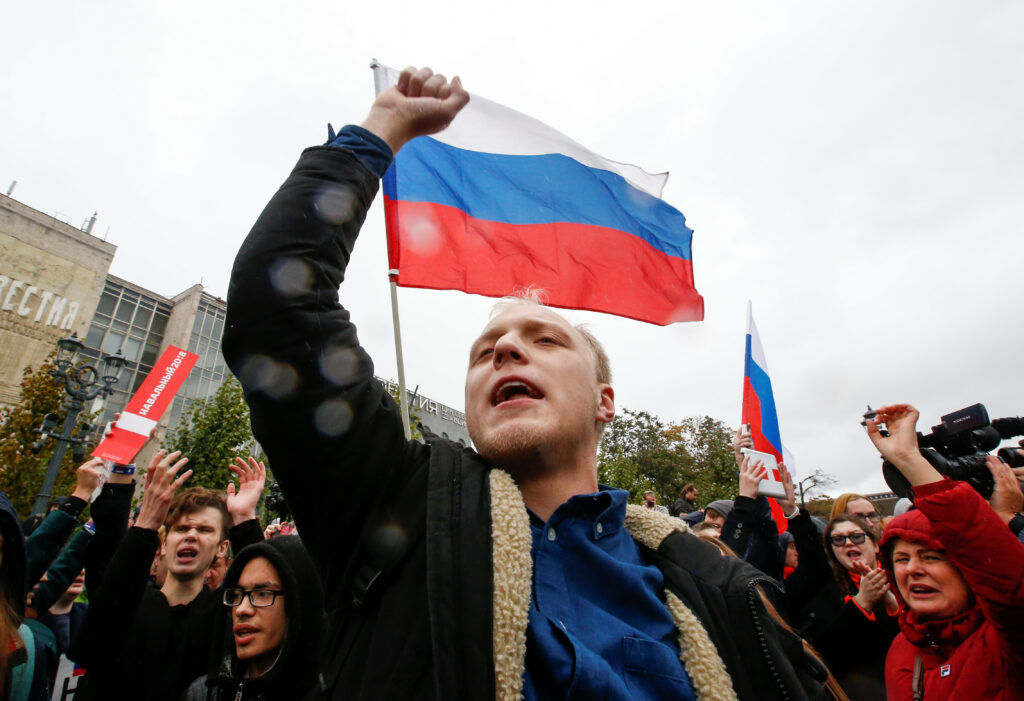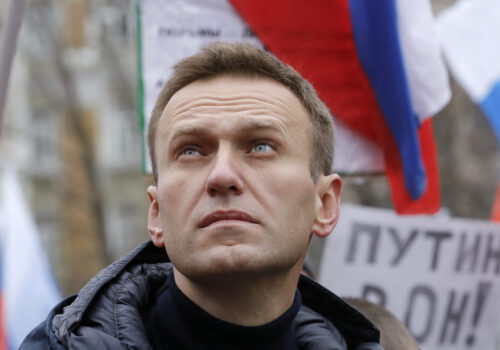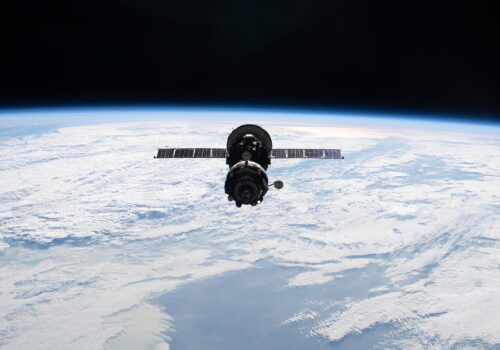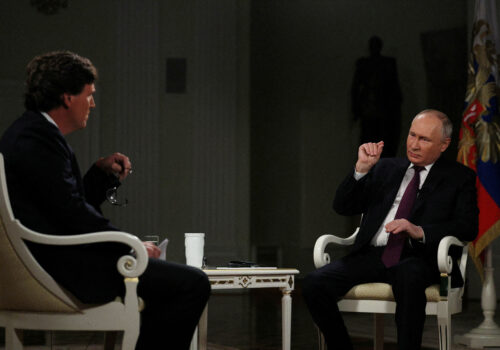Anti-corruption campaigner Alexei Navalny, who according to Russian authorities died in prison on Friday at the age of forty-seven, was by far the most popular and effective opposition leader to challenge Russian President Vladimir Putin during his almost quarter century in power. Navalny’s death at the hands of the state represents an immense setback to Russia’s democracy movement, but that movement has always been much bigger than just one man and will go on without him. The strategies and messages that Navalny developed for fighting the Putin regime have spread to a diverse group of Russian pro-democracy actors. That movement has proved itself resilient and able to adapt to more than a decade of increasingly harsh repression, and it will adapt to this devastating development as well. Martyrdom is an extremely powerful political narrative, and this cruel tragedy will likely cause many other Russians to devote still more effort to the struggle for freedom.
The circumstances of Navalny’s death remain unclear, but whatever details may be revealed, there can be no question that responsibility lies squarely with the regime that unjustly imprisoned him and with Putin personally. The Russian state’s intention to murder Navalny slowly was apparent as it held him prisoner for the last three years: It tortured him and denied him adequate medical care, even as his health deteriorated from the brutal conditions of his incarceration and from the side effects of his exposure to a deadly nerve agent during a 2020 assassination attempt by Russian security services.
He built a movement that was bigger than himself.
Navalny’s rise to public prominence was a result of his insight that the Putin regime’s pervasive and massive corruption posed a major political liability. His skill as a corruption investigator enabled him to expose the eye-catching, gaudy excesses on which Russia’s political elites frittered away the enormous wealth they stole from the Russian people. His skill as a political communicator—the clear charisma that shone through the clever, entertaining videos he produced—brought the results of his investigations to mass audiences in Russia and around the world. As his political career developed, his critiques of the Putin regime broadened to include its widespread human rights abuses and its brutal military interventions in Ukraine and Syria.
Navalny emerged as an important political leader during Russia’s “Bolotnaya” protests of 2011-2012, as Russians took to the street over Putin’s return to a third term as president. This year, on the cusp of a fifth Putin term, Russia’s rapid descent into repression and militarism could make Navalny’s vision for a democratic and peaceful Russia seem further than ever from realization. Yet Navalny’s activism since 2011 has also contributed to the development of a broader democratic movement capable of continuing without him.
While Navalny’s personal popularity at times drew criticism of a personalistic style of politics, in truth his political strategy always centered on movement-building. In 2013, his highly competitive campaign for Moscow mayor attracted thousands of volunteers and launched the political careers of several other oppositionists who have gone on to become important figures in their own right. In 2018, his shadow “campaign” for president (which he continued even after being denied access to the ballot) built a nationwide network of dozens of local offices spanning Russia’s huge territory that continued after the election to serve as incubators of local political and civic activism. The Anti-Corruption Foundation (FBK)—the nongovernmental organization Navalny founded to carry out corruption investigations and raise public awareness of how Putin’s elite have looted Russia for decades—has continued to produce high-impact investigations during his imprisonment. Despite a 2021 “extremist” designation that forced FBK into exile as several staff were jailed, the organization remains one of the most important in Russian civil society. FBK’s “Navalny Live” YouTube channel is one of Russia’s most popular, reaching millions of Russians each month. Beyond those with direct connections to Navalny are thousands more (overwhelmingly young) Russian activists who were inspired by Navalny’s work to make their own efforts to build the better future for their country. He built a movement that was bigger than himself.
This is the legacy Navalny leaves for Russian society. His vision, his political skills, and his personal courage helped sustain Russia’s democratic movement through a period of sharply intensifying repression. Perhaps his most important political insight was his recognition of how his own moral leadership—the sacrifices of his health and freedom he was willing to make on behalf of his cause—could cut through the cynicism that so often dominates Russian political life. His martyrdom magnifies that moral leadership immeasurably.
In an interview shown in the 2022 Oscar-winning documentary about his work, Navalny is asked what message he would want to send in the event that he is killed. His message, he responds, is a simple one: “You are not allowed to give up. If they [decide to kill me], it means that we are incredibly strong. We need to use this power . . . All that is needed for the triumph of evil is for good people to do nothing.” This simple but powerful sentiment that has guided Navalny’s life has become an even more powerful message in his death—one capable of inspiring Russians to even greater efforts to build a better future.
Dylan Myles-Primakoff is a nonresident senior fellow at the Atlantic Council’s Eurasia Center and a senior manager for Eurasia Programs at the National Endowment for Democracy.
Further reading
Fri, Feb 16, 2024
Navalny’s life and death show Putinism isn’t inevitable
New Atlanticist By Doug Klain
The Russian opposition leader built a national movement based on exposing the rampant corruption and gangsterism of Putin’s system.
Thu, Feb 15, 2024
Experts react: What to know about Russia’s apparent plans for a space-based nuclear weapon
Experts react By
Reports that Russia is developing a space-based nuclear anti-satellite weapon have raised national security concerns in Washington.
Mon, Feb 12, 2024
Putin’s history lecture reveals his dreams of a new Russian Empire
UkraineAlert By Peter Dickinson
Vladimir Putin turned his hotly anticipated interview with Tucker Carlson into a history lecture that laid bare the dangerous delusions and imperial ambitions driving the invasion of Ukraine, writes Peter Dickinson.
Image: Supporters of Russian opposition leader Alexei Navalny attend a rally in Moscow, Russia October 7, 2017. REUTERS/Sergei Karpukhin



